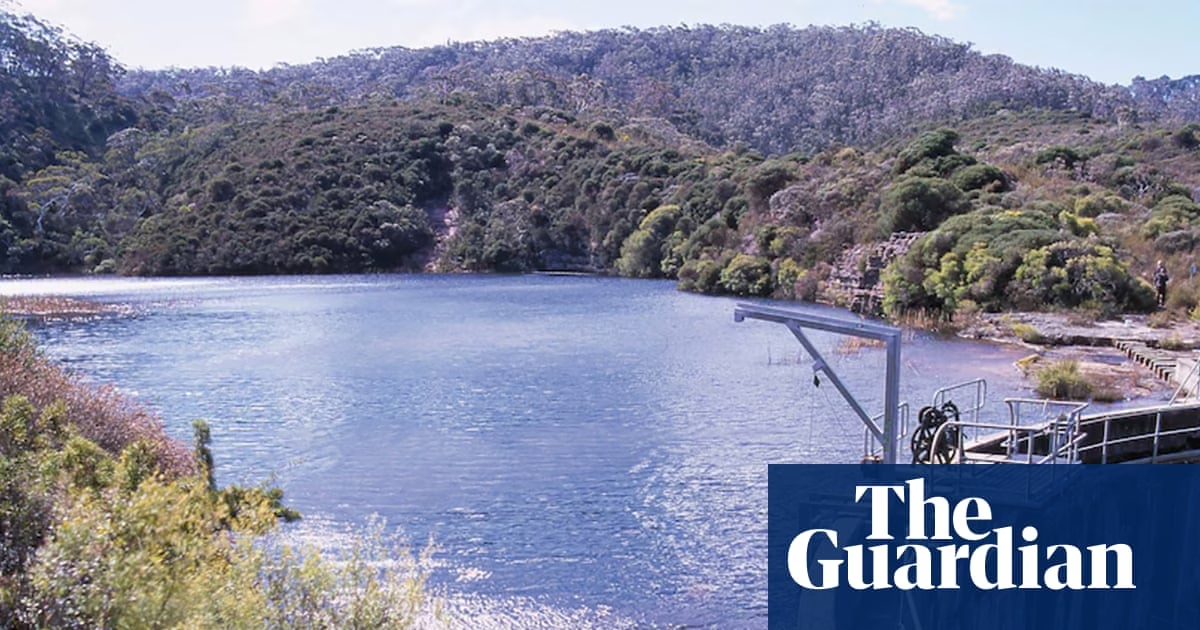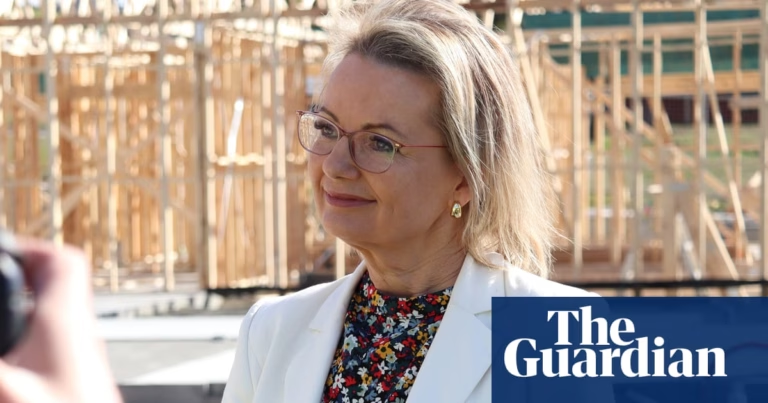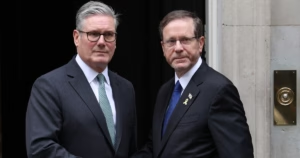A state parliamentary committee has determined that Sydney Water failed to conduct an adequate level of due diligence before stating that there are no known PFAS hotspots within its drinking water catchments.
Following an inquiry prompted by reports in the Sydney Morning Herald, the New South Wales upper house committee presented 16 findings and 32 recommendations last Thursday. These findings were a response to the Herald’s detection of elevated levels of certain ‘forever chemicals’ in Sydney’s drinking water catchments.
PFAS (per- and polyfluoroalkyl substances), a broad class of synthetic compounds, are present in numerous consumer products. Their enduring presence in the environment has earned them the title of ‘forever chemicals’.
Greens MLC Cate Faehrmann, the committee’s chair, emphasized the need for increased governmental attention to the evolving issue of PFAS contamination in waterways.
The report points out that Sydney Water’s 2023 statement claiming no known PFAS hotspots was made without a thorough, proactive monitoring and testing program.
Subsequent tests in the Blue Mountains revealed elevated levels of PFAS in untreated water, including findings at Medlow Dam. The small Medlow and Greaves Creek dams were subsequently closed by WaterNSW last year due to these findings.
Faehrmann stated that the Blue Mountains community felt misled by Sydney Water. The committee also identified a shortfall in collaboration between federal agencies, such as the Department of Defence, and state government in handling PFAS contamination.
The committee additionally recommended that routine PFAS testing be conducted across NSW and that the federal government regularly review evidence on PFAS as per the Australian Water Drinking Guidelines.
The University of Sydney’s Prof Stuart Khan highlighted the need for better implementation of risk management frameworks by agencies like Sydney Water and WaterNSW.
Sydney Water, the EPA, and WaterNSW have been requested to comment on the report.
With additional reporting by Donna Lu







